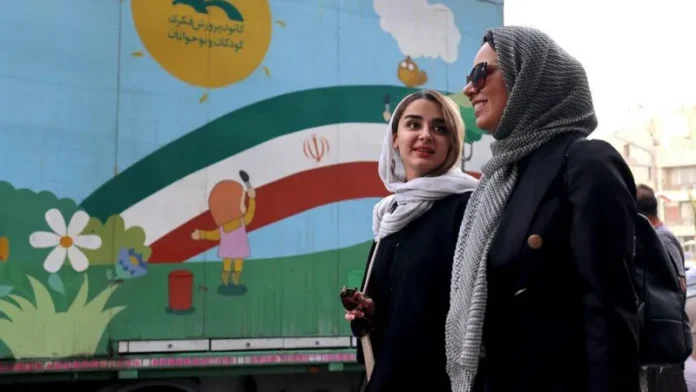Tehran – June 25, 2025 — As a tense ceasefire holds between Iran and Israel following 12 days of missile exchanges, ordinary Iranians are grappling with the aftermath and voicing deep skepticism over what many describe as a “choreographed conflict” that left civilians paying the price.
Sirous, an Iranian citizen who requested anonymity for his safety, spoke to the BBC from Tehran and described the war as “orchestrated” between powerful nations, while the Iranian public bears the brunt of the destruction.
“Israel and the US came in and destroyed military and nuclear sites, Iran launched a few missiles, hit a US base, and both sides are satisfied,” he said. “But we, the people, are left to suffer.”
Iran’s Health Ministry reports at least 606 people have died in the conflict, but independent monitors say the toll could be twice that figure. Meanwhile, damage to infrastructure, daily life disruptions, and heightened fear are widespread in cities like Tehran, Isfahan, and Tabriz.
Minoo, another Tehran resident, echoed a growing sentiment among Iranians who feel trapped between war and authoritarian rule.
“The devastation of war combined with sanctions and a dead economy — all brought on by the regime’s greed — terrifies me,” she said. “We don’t want war, we don’t want sanctions, and we don’t even want a ceasefire. We just want to live in peace.”
Fear of a domestic crackdown now looms large. Iran’s regime has a long history of using periods of external conflict to stifle internal dissent. According to the UN, at least 901 people were executed in Iran in 2024, most of them political prisoners and protestors. Many Iranians now fear a resurgence in repression under the pretext of “national security.”
“What scares me more than the war is a wounded and humiliated Islamic Republic,” Minoo added. “They’ll multiply executions and torture to prove their strength.”
The war has also raised questions about Iran’s future direction. Mehdi, another citizen who spoke to the BBC, warned that the government will likely rebuild military and nuclear capabilities instead of investing in crumbling healthcare and public services.
“They exploit the dead better than anything else,” he said. “Their deaths will be used to silence us.”
The ceasefire was brokered by former U.S. President Donald Trump and took effect Tuesday morning. But within hours, the truce appeared under threat. Explosions were reported in Iran’s northern Mazandaran province, while Israel said it intercepted Iranian missiles — a claim Tehran denied.
Some Iranians view the ceasefire not as a path to peace, but as a tactical pause in a broader struggle.
“This ceasefire will definitely collapse,” said Arman, using a pseudonym. “Israel hasn’t achieved all its goals… the regime must fall.”
Kian, another resident, said the truce was “just a trap to lure Khamenei out of his hole,” referring to Iran’s Supreme Leader. “This war won’t end with a ceasefire — it will end with the fall of this regime.”
As missiles fall silent, for now, the people of Iran remain braced — not just for more bombs, but for the tightening grip of their own rulers.

